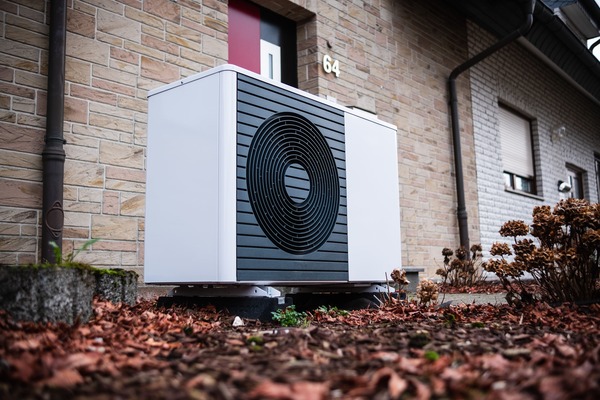The Heating Act – the facts

The Heating Act – or officially the Building Energy Act (GEG) – has been in force since 1 January 2024. The law is intended to pave the way for a sustainable energy supply by only installing heating systems that use at least 65% renewable energy. We have summarised the tasks and regulations that this entails for property owners here.
Which requirements of the Heating Act apply from when?
The following has applied to new buildings since the beginning of the year: every newly installed heating system must be powered by 65% renewable energy. This means that nothing will change for existing properties for the time being. In larger municipalities and communities, a municipal heating plan must be in place by 2026, which regulates the specific implementation and further details. This means there is a transitional period. For smaller municipalities, this plan does not have to be in place until 2028. The heating plan can then, for example, provide for the comprehensive expansion of a district heating network.
Anyone wishing to install a new oil or gas heating system in an existing building must seek professional advice – for example from a chimney sweep, heating installer or energy consultant.
What happens to my existing heating system?
Your existing oil or gas heating system that does not meet the requirements of the Heating Act can continue to be operated in accordance with the regulations. Repairs are also still possible. Only when the heating system can no longer be repaired will certain requirements apply. Transitional periods are again granted until the final replacement, which can also be bridged with a used or rented heating system.
Which heating systems will be permitted in the future?

There are plenty of alternatives to conventional oil and gas heating systems. These include
- an electric heat pump
- connection to a heating network
- a pellet heating system
- biomass heating
- a heating system based on solar thermal energy
- or even a hybrid system
In existing buildings, it is also possible to operate heating systems that use hydrogen or liquid gas. Which options are suitable for your property can be clarified with an energy consultant. We will be happy to put you in touch with the right contacts in Berlin and Potsdam.
Where can I get financial support?
Various funding programmes are available to implement the requirements of the Heating Act. For example, anyone who is already replacing their heating system, even though they are not yet obliged to do so, can take advantage of the “speed bonus” of 20%. Households with a taxable income of less than 40,000 euros per year receive an additional 30% bonus. The KfW also offers low-interest loans to enable heating conversions and energy-efficient refurbishments.
It is therefore worth carrying out an initial check now: How old is my heating system? What costs or repairs can I expect in the next few years? Energy consultants can also help here with a realistic assessment in order to save costs in the long term.
